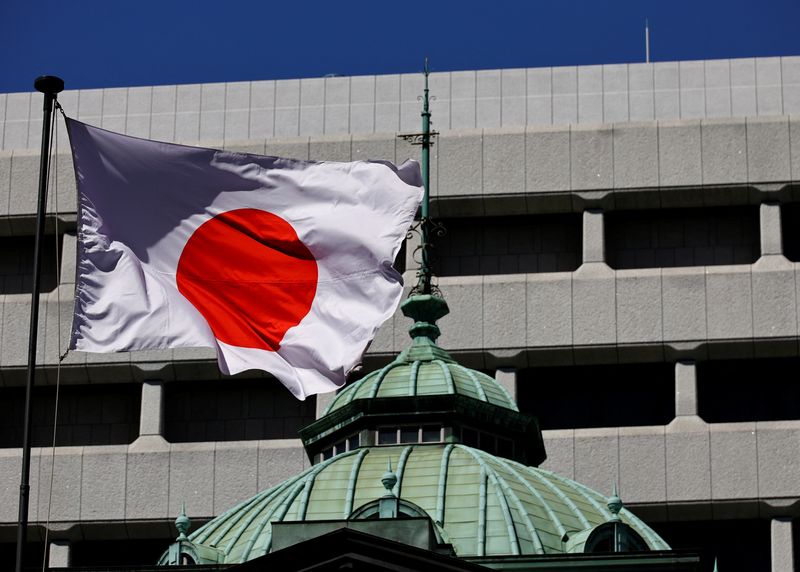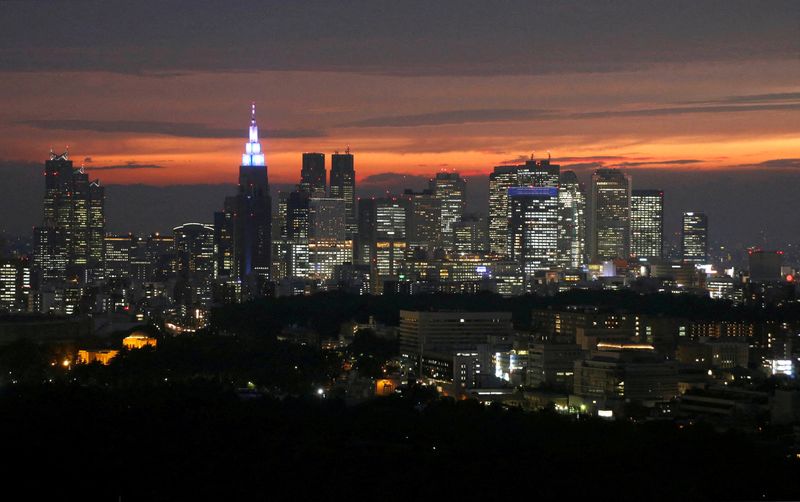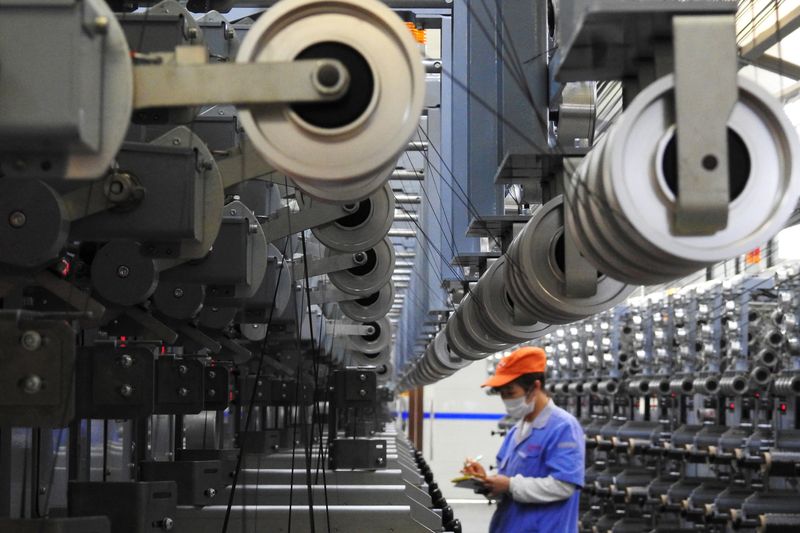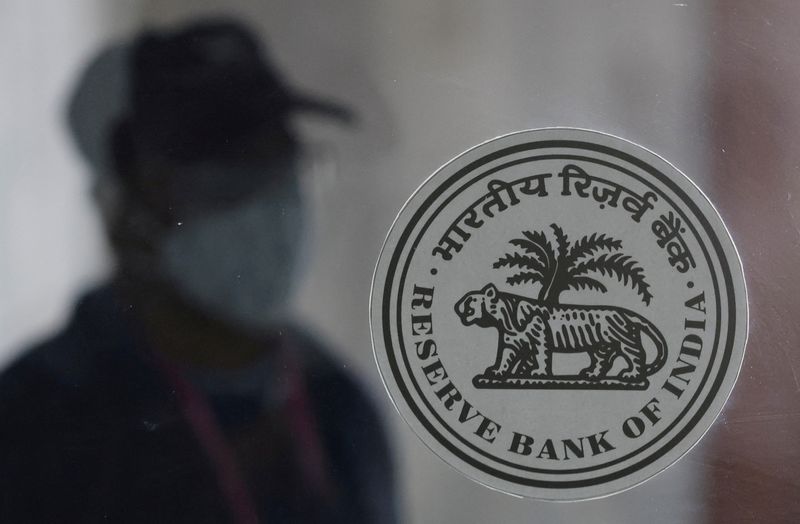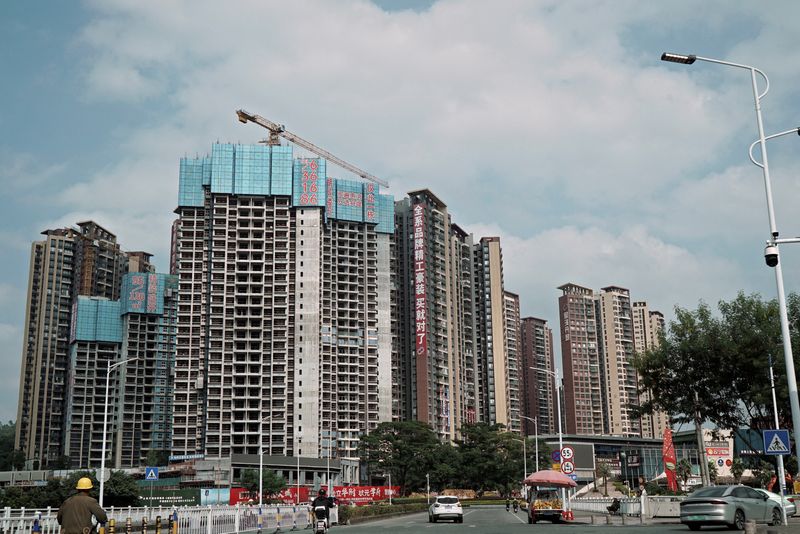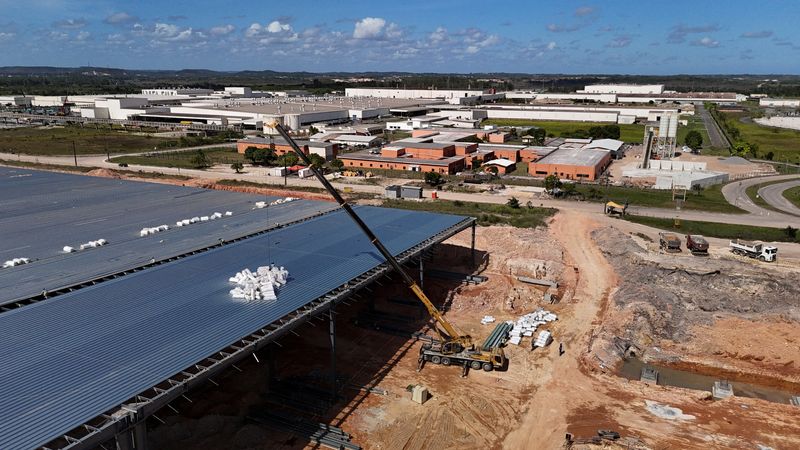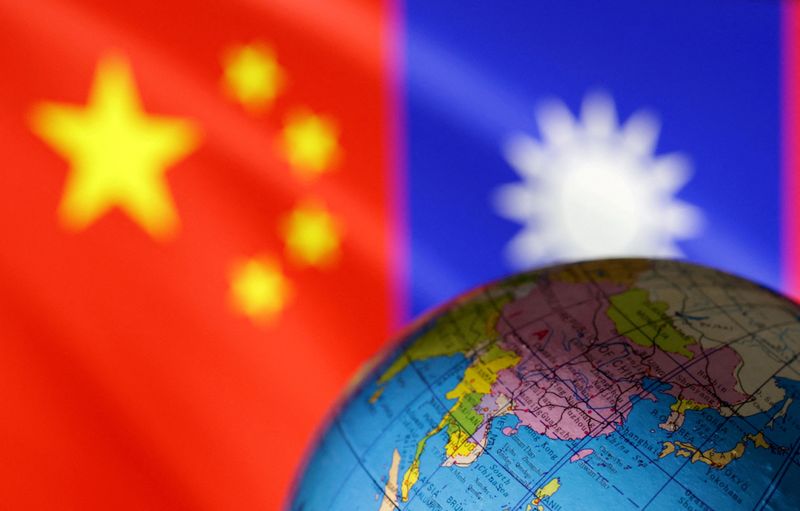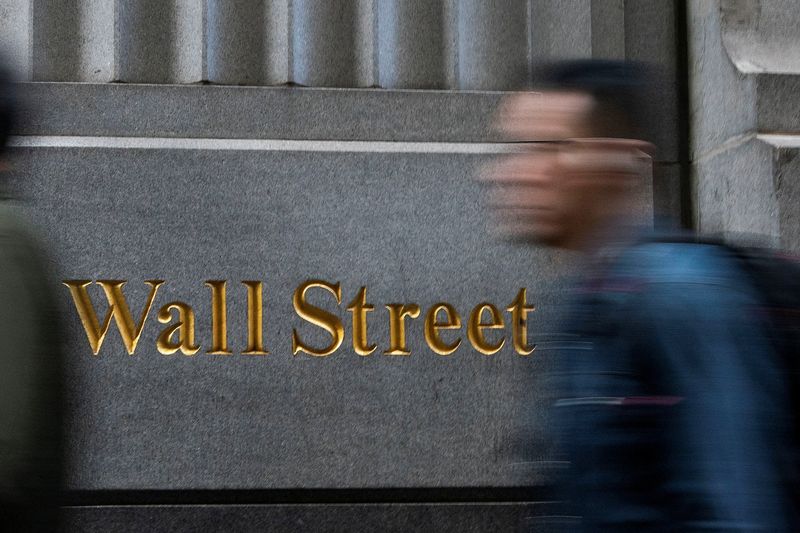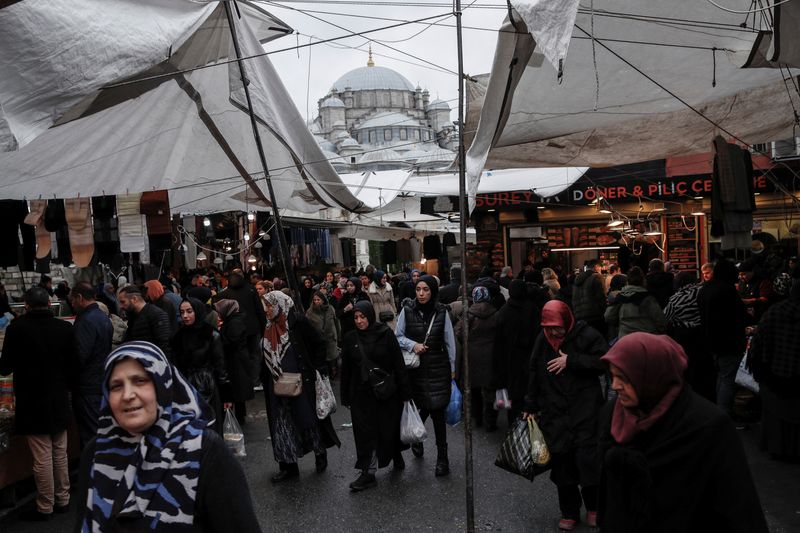ABU DHABI (Reuters) – Saudi Arabia’s annual inflation rate continued to edge up in October to 1.9% from 1.7% in September, according to government data released on Thursday, driven by an increase in housing rents.
Rents for housing rose by 11.6% in October, with apartment rents up 11.3%, the General Authority for Statistics said, pushing up prices for the combined Housing, Water, Electricity, Gas and Other Fuels category by 9.6%.
The category carries a significant weight in the overall basket measuring inflation. Rental price hikes, especially in the bigger cities like Riyadh, have been the key factor behind inflation in Saudi Arabia for much of this year.
Prices in the food and beverage category rose by 0.1% in October and increased by 2.3% for personal goods, led by an almost 25% increase in jewellery and watches prices.
Prices in the restaurants and hotels category also rose.
On a month-on-month basis, prices increased 0.3% in October.
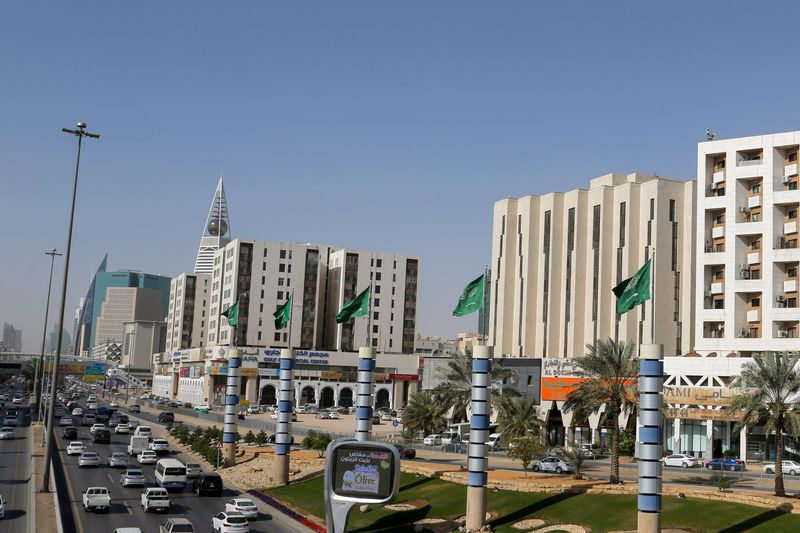
Transportation costs continued to fall in October.
While inflation has remained relatively low in Saudi Arabia this year compared with global levels, it has been inching upwards since July. The International Monetary Fund expects Saudi inflation to remain stable at about 2% over the medium term. (This story has been corrected to fix the increase in food and beverages category to 0.1%, from just under 1%, in paragraph 4)

